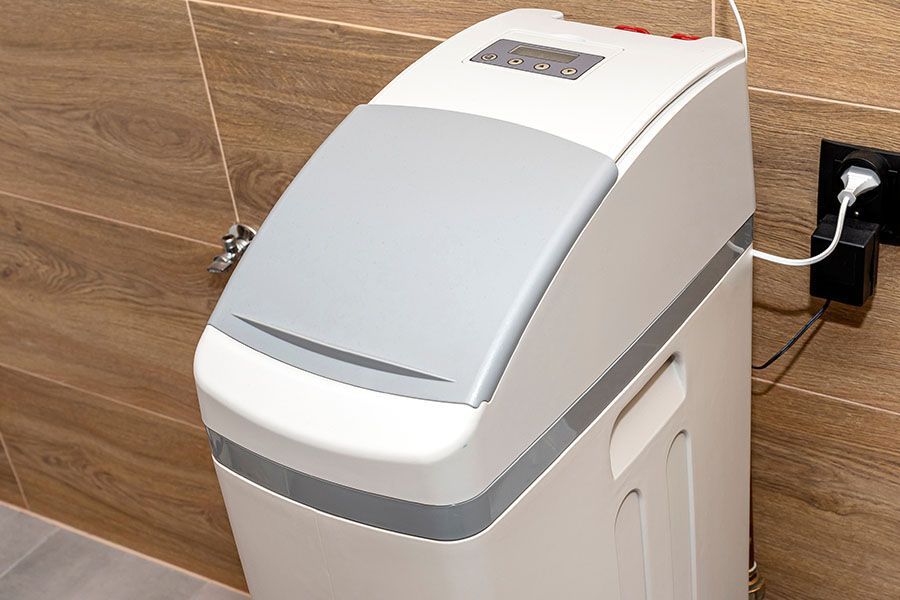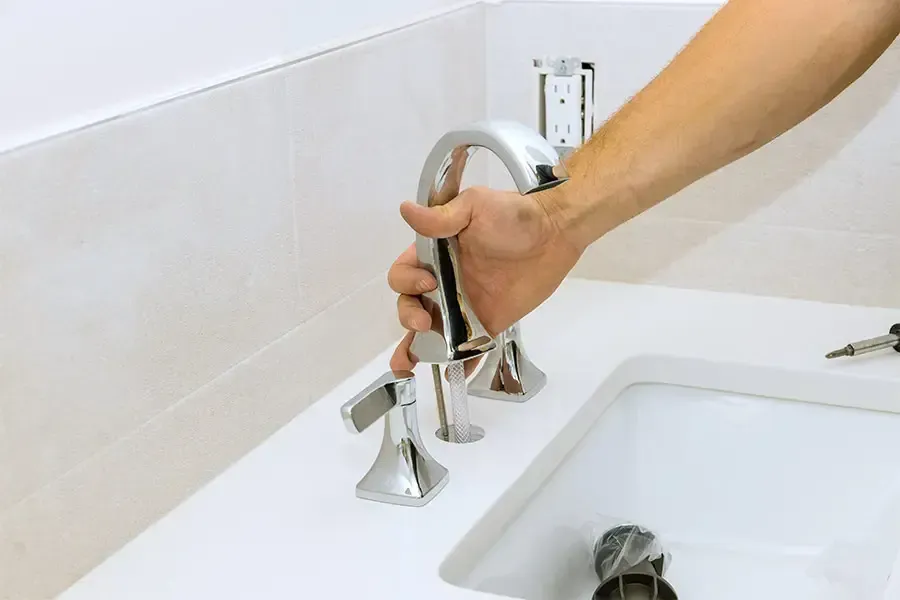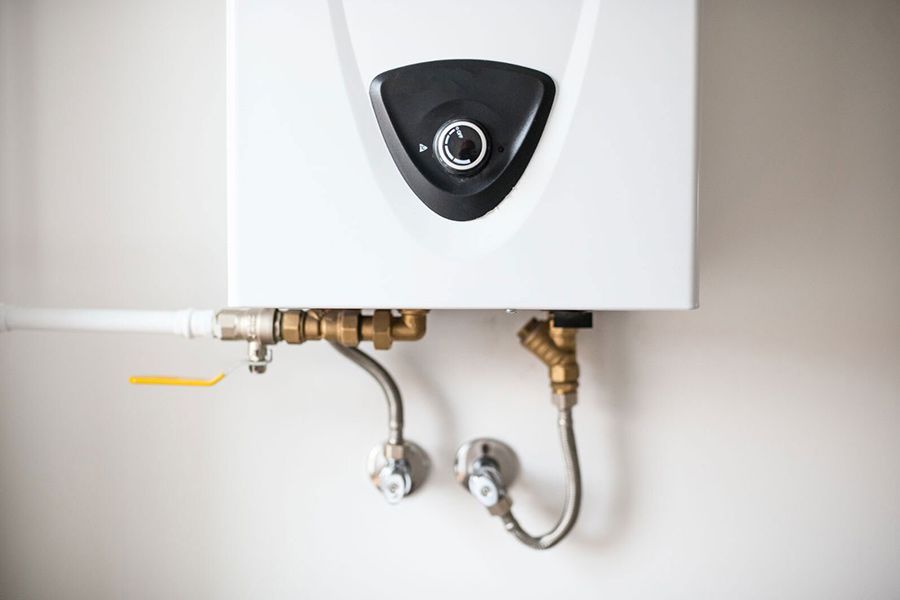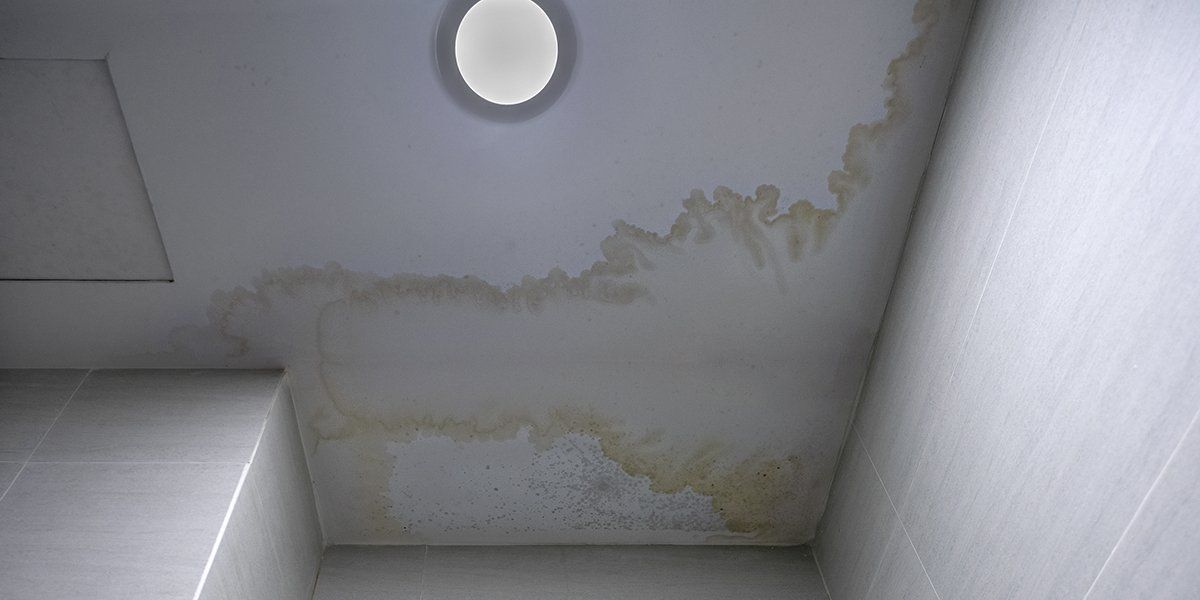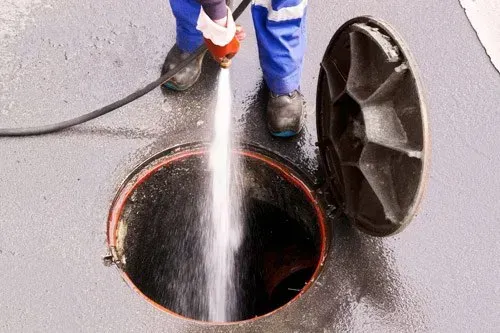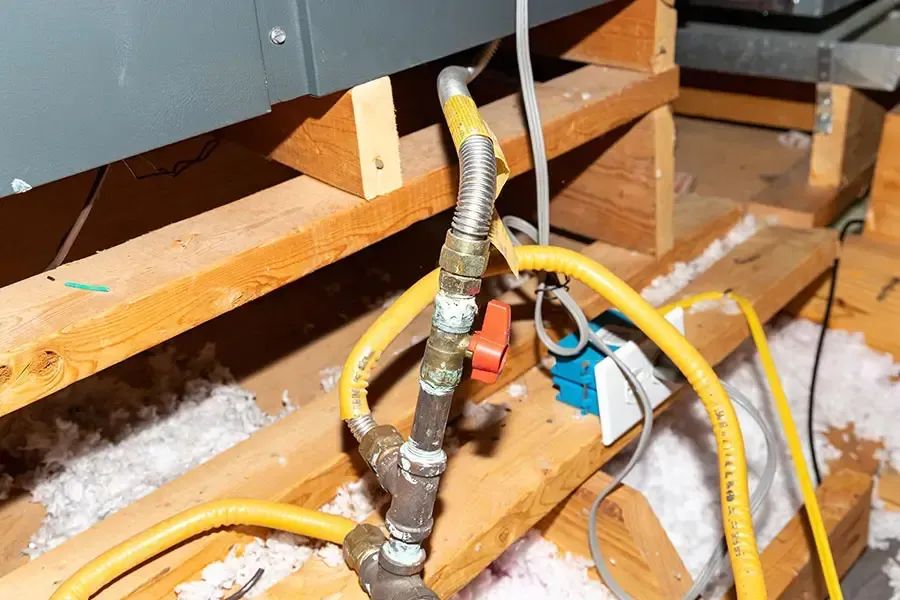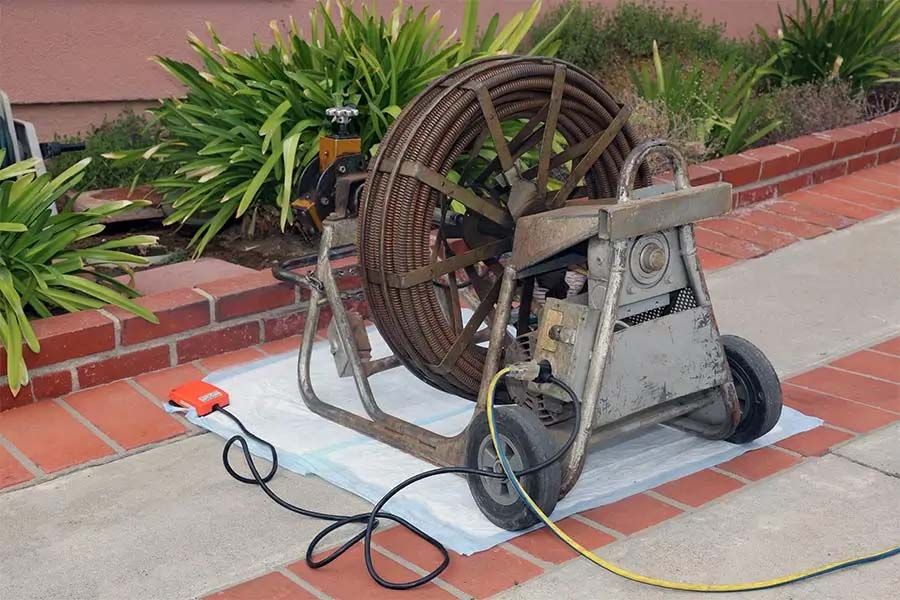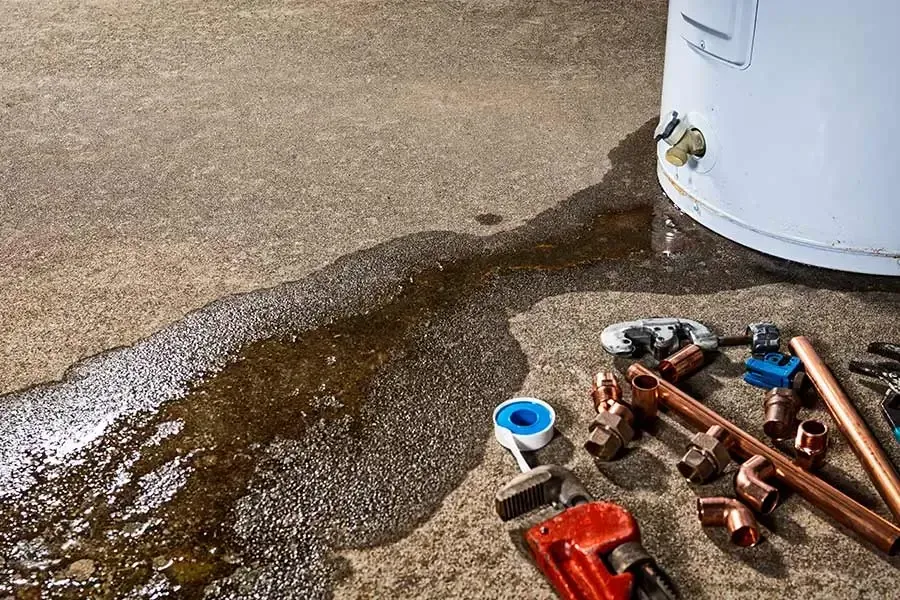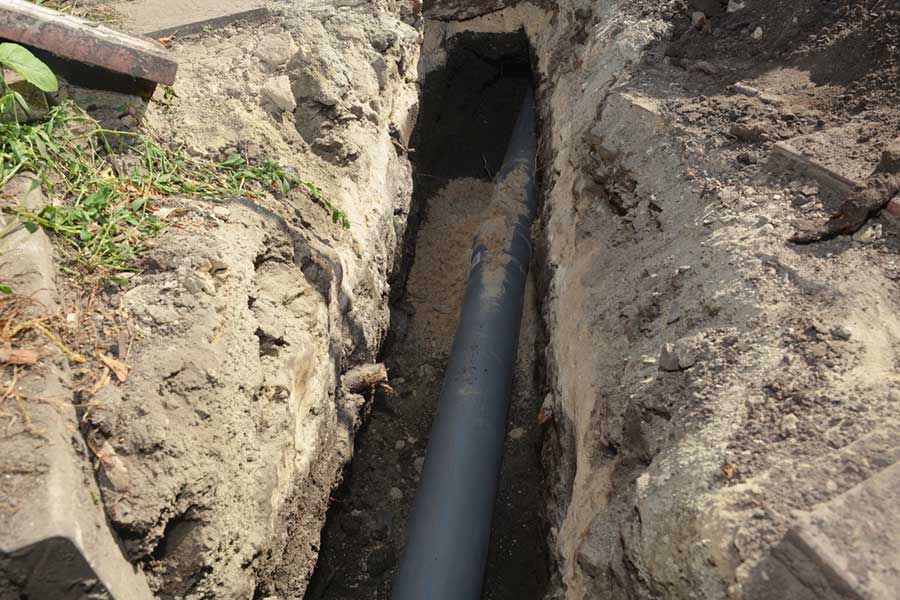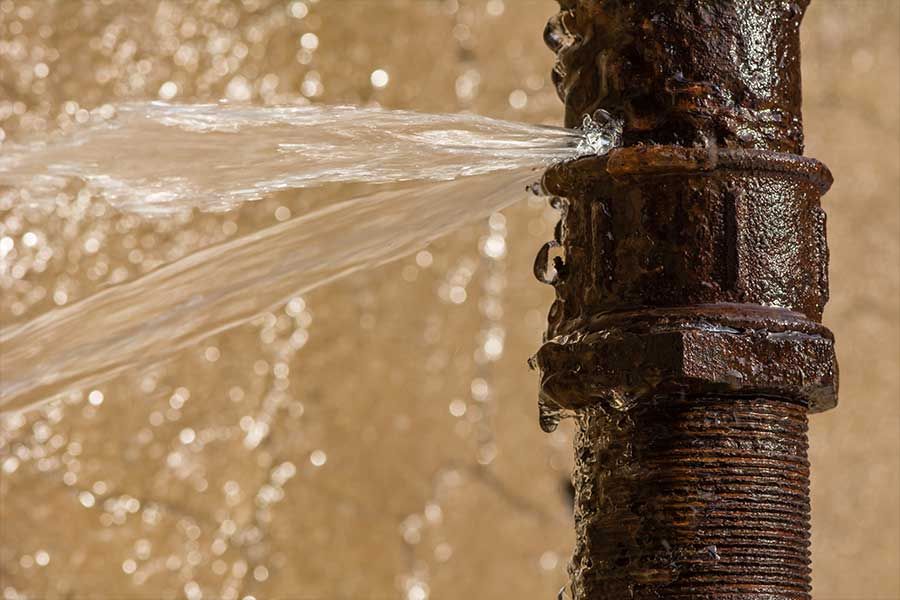Here's What to Do When Your Toilet Overflows
Do you have an overflowing toilet? Formica Plumbing and Sewer Co. can fix the problem so that it doesn’t happen again. Call us to schedule a consultation today!
The toilet is one of those fixtures that you expect to always work. People use toilets dozens of times per week without any thought as to how they work and why shouldn’t they? However, they do break down in different ways, and knowing what to do when your toilet overflows can save you a lot of trouble, time, and money.
Below, Formica Plumbing and Sewer Co.’s skilled plumbers in Lyndhurst discuss various toilet issues and what to do about them.
Common Causes of Toilet Overflowing
Toilets overflow for several reasons. Knowing which one you're dealing with is crucial if you want to curb the problem quickly enough to avoid further damage. Some of the most common causes of an overflowing toilet include the following:
- Clogged toilet drain. Toilet drains clog due to too much toilet paper or insoluble materials. It will overflow when you attempt to flush it.
- Blocked sewer line. Problems occasionally happen further down the sewer line when tree roots grow into the line or insoluble materials build up. The result is trapped waste, which causes a clog.
- Clogged drain line vents. Your plumbing drain line vents release the toxic gasses from waste exiting your plumbing network. Any clogs in the vent will upset the balance of the process, causing the toilet to overflow.
- Broken parts. Problems with parts like the flapper can cause too much water to leak into your bowl and overflow into the bathroom.
What to Do When Your Toilet Overflows
If you’re facing a toilet that’s overflowing, act fast. Here’s what to do:
Don't Flush the Toilet
When your toilet is overflowing, and you suspect a blockage, the instinctive reaction is to attempt a second flush to see if the action will clear the blockage. However, you'll only put more water into the bowl, which will then keep spilling onto your bathroom floor. If the water in your toilet bowl hasn't broken up the clog, adding more water won't help.
Turn Off the Water
If your toilet overflow emanates from problems with the tank, you need to turn off the water immediately to prevent further damage to your bathroom floor and to other parts of the toilet. You can skip this step if the overflowing is due to a clog in the drain line and not due to water escaping the tank or pouring into the bowl.
Cut off the water supply to your toilet in three ways:
Alternative 1: Close the Shut Off Valve
The water shut-off valve comes out of the wall behind the toilet. Turn the knob clockwise to close it. Don't force it, or you’ll break the valve.
If it's hard to turn without applying force, apply some grease around it and try again.
Alternative 2: Pull the Float
Older toilets may not feature a shut-off valve. Another approach to shutting off water to the toilet is pulling the float (the ball-looking container that floats on the water in your toilet tank).
Alternative 3: Shut off the Water Mains
If, for some reason, you can't do any of the above, you'll need to shut off your main water line. Check your crawl space or basement for the main control hub, and cut off the supply.
Fix the Cause of the Overflow
If your toilet is overflowing due to a broken part, replacing the affected part should fix the problem. For example, if a faulty flapper is responsible for leaks, a hardware store can easily find a replacement.
However, for clogs in the drain line, you can use a toilet plunger to attempt to clear the line. If the water in the toilet bowl doesn't start to dissipate after you've used the plunger several times, an auger or toilet snake will go deeper into the drain line. This equipment is best for reaching and clearing any clogs in the drain line, but it won’t work for a clog that’s much further down in the sewer line.
So, knowing what to do when your toilet overflows also means knowing when it’s time to call a qualified plumber. A team like Formica Plumbing and Sewer Co. has the training and equipment to deal with the clog quickly and efficiently, so don’t wait too long to call for help.
Clean the Bathroom With Disinfectant
After you have dealt with the overflowing toilet, you shouldn’t use the bathroom without cleaning it properly. The dirty water from the toilet will have touched every surface and gone airborne. That means bacteria breeding all over your bathroom and an urgent need to disinfect the entire room, floor, walls, other surfaces, and fixtures.
Clean every surface and every fixture in the bathroom, and allow the space to dry before you start using it again. Otherwise, you could put people’s health at risk.
Check for Signs of Water Damage
Any problem that leads to water pooling on the property gives a cause for concern. If you see any discolorations around your bathroom floor and walls or on the ceiling, it's a good idea to call in a water damage inspection team. It doesn’t take a lot for mold growth, flooring decay, and other signs of water damage to appear.
This is also a good time to check for other problems that may surface after fixing the overflow problem. For example, if the toilet is bubbling when the shower is running, there's another underlying problem that needs fixing.
Call Formica Plumbing and Sewer Co. for Professional Solutions
An overflowing toilet isn't just a significant inconvenience; it's a health risk for you and everyone who uses the bathroom. You can resolve the problem if you know what to do when your toilet overflows, but it’s always a good idea to call for professional help as soon as possible.
Formica Plumbing and Sewer Co. will be there right away in a plumbing emergency. Save our number, and dial 440-485-3850 for impeccable services in Wickliffe, Ohio, and the surrounding areas.
Author Bio:
Matt Formica
He worked side by side with his cousin, Frank D. and sister Linda, in the office. The company has grown and now has six vans helping the surrounding communities with plumbing and sewer issues.
